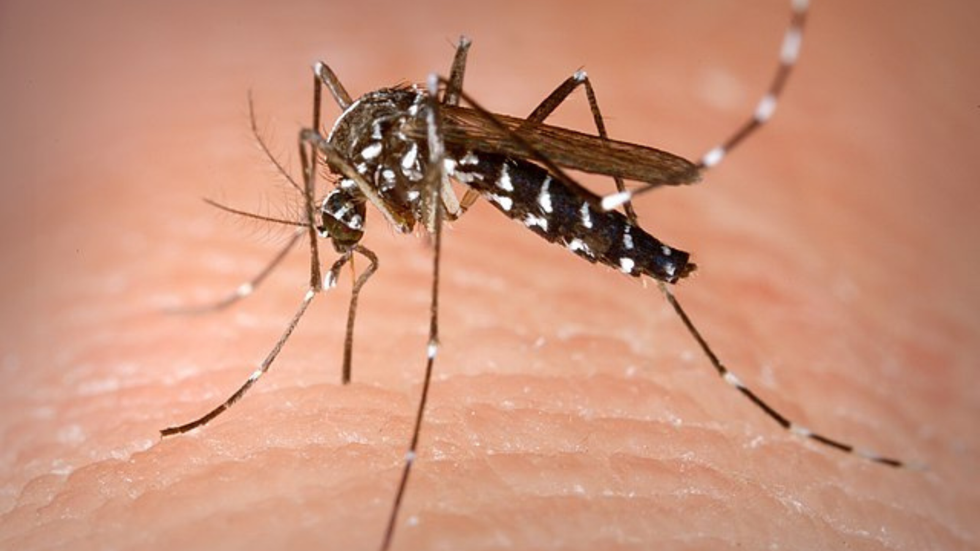British health authorities told to act after two species of fatal disease-carrying mosquitoes identified in UK
Scientists have warned that Britain 'faces the risk of invasive mosquito populations becoming established'
Don't Miss
Most Read
Trending on GB News
British health authorities have been urged to act after two species of fatal disease-carrying mosquitoes have been identified in the UK.
The different mosquito species are known for carrying several diseases, including yellow fever, dengue, Zika, dirofilariasis and chikungunya, which has had a large outbreak in China this year.
Aedes aegypti, better known as the Egyptian mosquito, and Aedes albopictus, known as the (Asian) tiger or forest mosquito, have historically both been restricted to subtropical and tropical regions.
However, a peer-reviewed study on invasive mosquito surveillance in the UK from the UK Health Security Agency (UKHSA) and the Centre for Climate and Health Security revealed that the species had been detected in surveillance traps in this country.
TRENDING
Stories
Videos
Your Say
Eggs from the Egyptian mosquito were found in a freight storage facility near Heathrow Airport in London in September 2023.
Meanwhile, for the first time since 2019, tiger mosquitoes were identified at a motorway service station in Kent in August 2024.
The tiger mosquito's ability to survive in temperate climates has emerged through its new populations across parts of southern and central Europe.
Scientists believe that rising temperatures and milder winters mean the invasive species may continue to encroach northwards.

For the first time since 2019, tiger mosquitoes were identified at a motorway service station in Kent in August 2024
|WIKIMEDIA COMMONS
The authors of the study said: "While there is currently no evidence that Ae. albopictus or Ae. aegypti are widely established in the UK, without timely action, the UK faces the risk of invasive mosquito populations becoming established... proactive measures enhance resilience against emerging vector borne disease risks."
Traps were set by the UKHSA at ports and land transport sites in England, Wales and Northern Ireland.
Surveillance was also enacted on the Kent marshes because the warm and wet setting there is seen as a prime location for mosquitoes.
The UKSHA also manages the Mosquito Recording Scheme (MRS) which identifies mosquitoes which are sent in by members of the public.
CHIKUNGUNYA VIRUS - READ MORE:

Workers in China's Guangdong province have been spraying insecticide to prevent the spread of the chikungunya virus
| GETTYThe citizen-science project also responds to nuisance biting incidents and aims to detect unusual or invasive species.
It also seeks to create a log of reportable incidents of nuisance mosquito biting and gain knowledge about the seasonality of incidents.
Some 286 reports were made to the MRS between 2005 and 2021, with all mosquitoes submitted being native to the UK.
Lead author of the study and senior medical entomologist at the UKHSA Colin Johnston discussed the discoveries from 2023 and 2024, saying: "Each detection triggered enhanced local surveillance and control measures, and the fact that no further specimens were found suggests these were isolated incursions.
"The collaborative efforts between UKHSA, local authorities and landowners were key to rapidly mobilising and preventing the establishment of invasive mosquitoes."
The study was published in the research journal PLOS Global Public Health.
More From GB News










